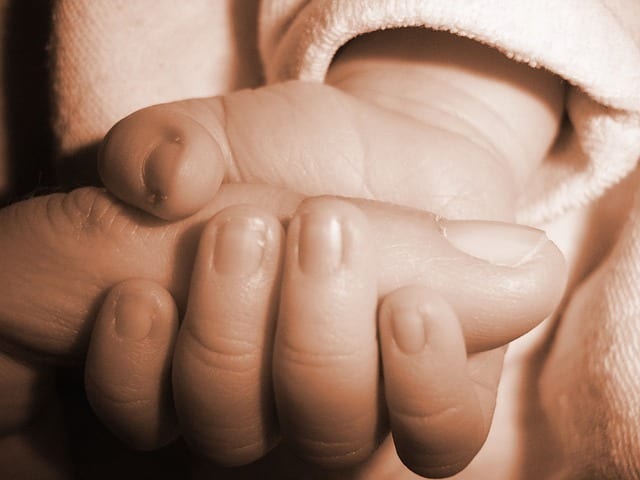January Is National Birth Defects Prevention Month

January is National Birth Defect Prevention Month. The purpose of this month serves to help prevent future birth defects like those that lead to cerebral palsy. It also raises awareness about those living with disabilities caused by injuries that occurred to babies during pregnancy or delivery.
Why It’s Important
Cerebral palsy is a developmental disability that is most often caused by damage to the brain while the baby is still in the womb or from complications during delivery. Raising awareness about preventing birth injuries like CP is important on several fronts.
Firstly, it serves an informative role for both experienced and new parents. Those expecting or planning for their first child can take measures to help ensure they have a healthy baby. Proper nutrition and abstaining from certain foods (raw fish, for example) during pregnancy are some important ones.
Secondly, parents of children with cerebral palsy who are expecting another child can learn from past experience as well as re-educate themselves about maintaining a healthy pregnancy.
Lastly, raising awareness puts disorders like cerebral palsy in the public eye, which is necessary to secure funding for research. This not only helps prevent future birth defects, but also leads to more effective treatment for those living with CP.
Preventing Birth Defects
National Birth Defects Prevention Month brings awareness in part by providing information on how to prevent disabilities like cerebral palsy. Most cases of cerebral palsy are not the fault of careless parents or the result of foreseeable circumstances. In general, CP is a rare condition occurring in only 2 of every 1,000 births. However, knowing and guarding against the causes of CP can mitigate the possibility of a baby being born with the disability.
“Although not all birth defects can be prevented, there are steps women can take to increase the chances of having a baby born without birth defects,” said Leslie Beres, the president of the National Birth Defects Prevention Network.
Here are some things expecting mothers can do to help ensure their baby’s health:
- Avoid alcohol, tobacco and secondhand smoke
- See the doctor regularly
- Get consultation before taking over-the-counter medications
- Stay away from raw fish and undercooked meat
- Get vaccinated before trying to get pregnant
- Keep conditions like high blood pressure and diabetes under control
- Take recommended vitamin supplements
The most common causes of cerebral palsy are blood clotting in the mother and bacterial infections that spread to the baby during pregnancy. These conditions can inhibit the development of the fetal brain or cause a fetal stroke that deprives the baby of vital oxygen. Taking the precautions listed above decreases the likelihood of any complications that could lead to cerebral palsy.
The most important precaution expecting mothers can take is to see their obstetrician on a regular basis. Having frequent checkups is important to monitor the progress of the child and to catch any red flags before they become hazardous.
Raising Awareness for Research
Raising awareness about birth defects like cerebral palsy creates an opportunity to talk about research. National Birth Defects Prevention Month is also about uniting researchers and scientists to further the understanding of how developmental injuries like CP occur. The month is a chance to stir conversation and drum up support, which are the first steps to garnering public and private funding for research.
